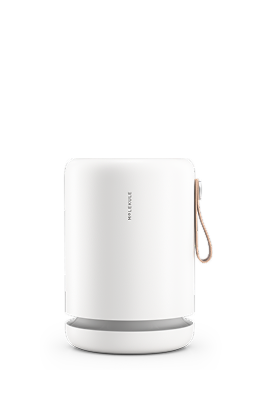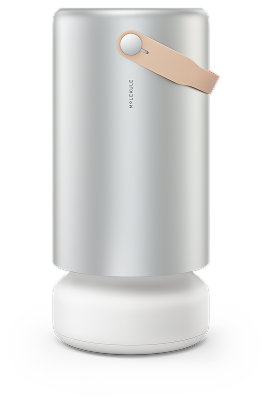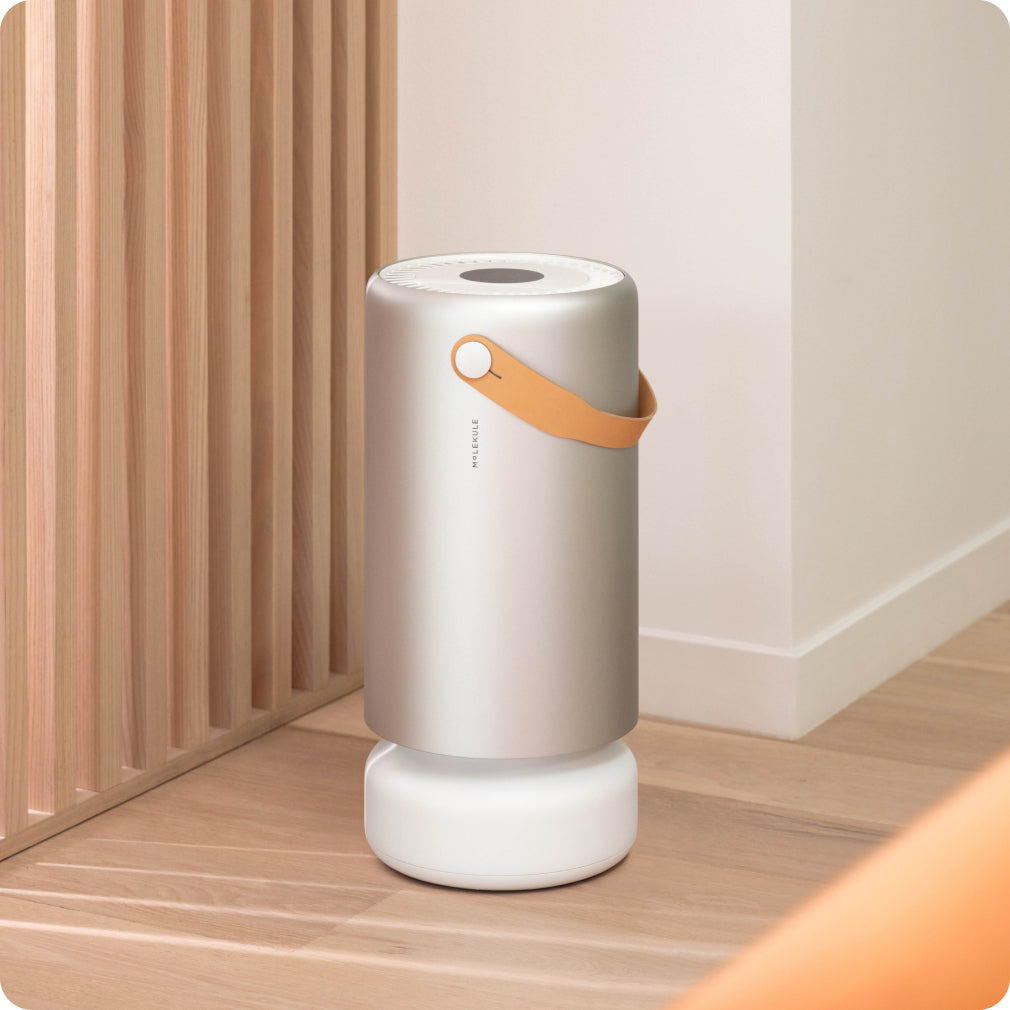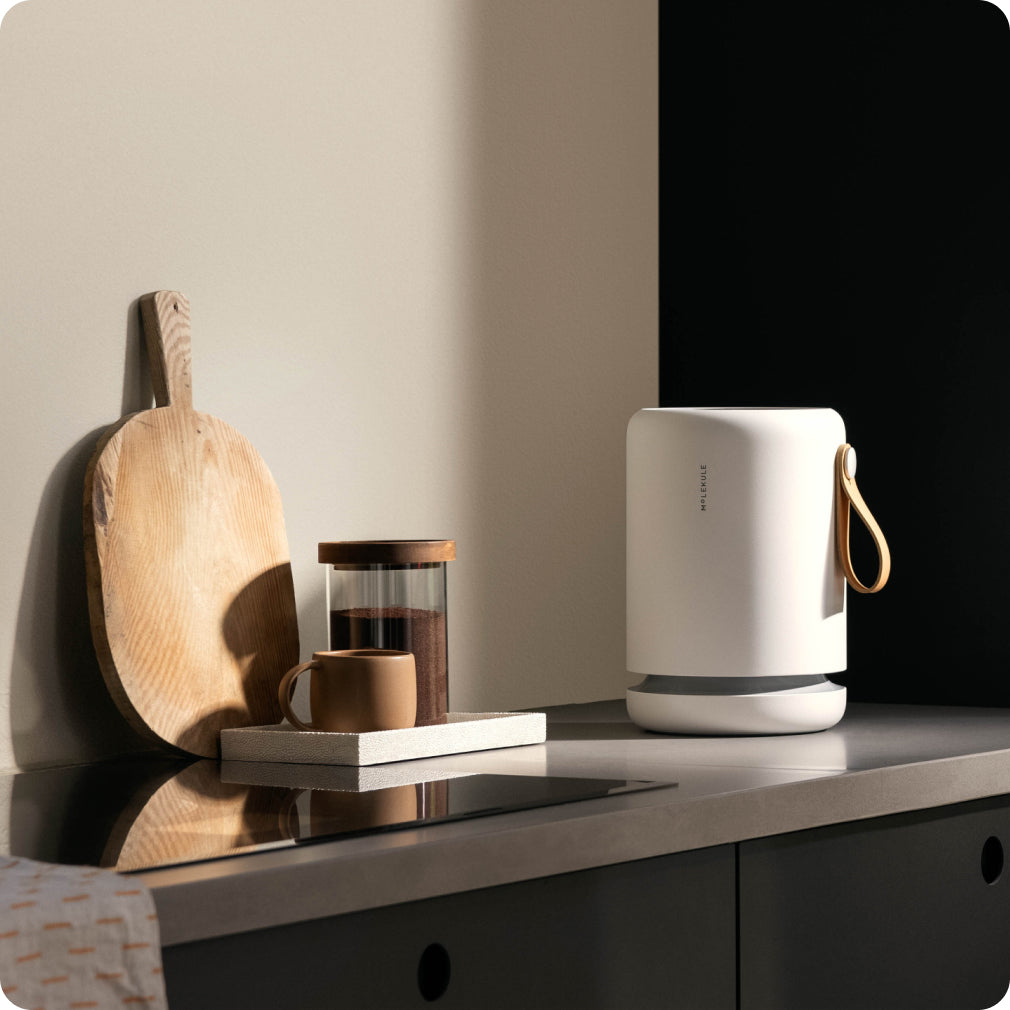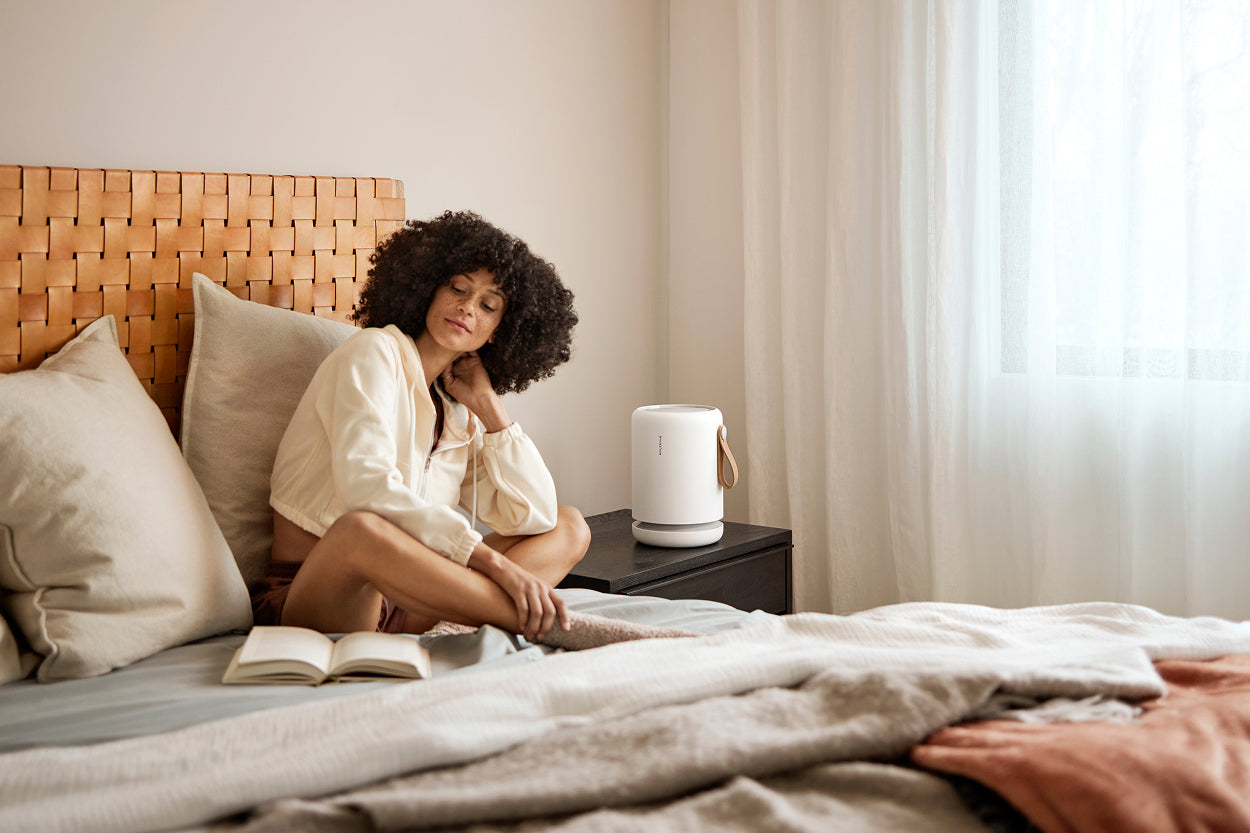Every year, millions of people spend billions of dollars chasing longevity. We invest in supplements that promise cellular renewal. We sign up for cutting-edge workout programs, subscribe to wellness podcasts, eat clean, and meditate. All in pursuit of living longer
But there’s one thing we consume more than any food, supplement, or green juice. We do it 22,000 times a day, often without thinking.
In fact, we breathe 2,700 gallons of air per day, on average.
And the air we breathe, its purity or pollution, has a greater effect on our life expectancy than almost anything else.
If you’re serious about your health span and lifespan, it’s time to look at air quality not just as a comfort, but as a critical pillar of longevity.
The Overlooked Longevity Factor
A study from Harvard University found that living in cities with high pollution, specifically PM2.5 (microscopic particulate matter) can reduce life expectancy by 2-3 years.
So what is the take away? Reducing your exposure to airborne pollutants, both outdoor and indoor, could extend your life in measurable ways.
The Air Quality Life Index (AQLI) has come to the same conclusion: polluted air shortens the average human lifespan by more than two years. The startling part? That’s more than smoking, alcohol, or unsafe water.
And it doesn’t just affect your length of life. It affects your quality of life.

How Air Pollution Affects Life Expectancy
Air quality and pollution affect every tissue, organ, and system of the human body. And the World Health Organization is clear: Long-term exposure to air pollution is linked to:
- Heart disease
- Stroke
- Type 2 diabetes
- Cognitive decline
- Lung cancer
- Dementia
In other words, air pollution contributes to the very diseases most people are trying to avoid with longevity-focused habits.
The mechanisms are cellular. Pollutants like PM2.5 and volatile organic compounds (VOCs) cause oxidative stress and inflammation in the body, which are two of the primary drivers of aging and chronic illness. These tiny particles can enter the bloodstream through the lungs, travel to the brain, and wreak havoc over time.
That means cleaner air isn’t just about avoiding asthma or seasonal allergies. It’s a direct line to protecting your heart, brain, and body at the cellular level.
Indoor Air Quality and Aging
You might think, “Well, I don’t live in a polluted city, so I’m fine.”
Not so fast.
Indoor air quality and aging are just as tightly linked as outdoor pollution and lifespan.
The EPA estimates that indoor air is often 2–5 times more polluted than outdoor air. And considering that most people spend more than 90% of their time indoors, that adds up.
Common indoor pollutants include:
- VOCs from furniture, paint, and cleaning products
- Smoke from cooking or candles
- Mold spores from damp areas
- Off-gassing from new carpets or mattresses
- Poor ventilation that traps pollutants
Chronic exposure to these indoor pollutants has been shown to accelerate cellular aging, increase inflammation markers, and impair respiratory function over time.
If you’re investing in anti-aging creams and NAD+ boosters, it makes no sense to breathe in air that silently reverses your progress.
Clean Air and Lifespan: It’s Not Just About Disease
The connection between clean air and lifespan goes beyond disease prevention. It influences how you feel right now.
Studies have shown that people living in areas with higher air pollution report:
- More frequent fatigue
- Lower mood and mental clarity
- Worse sleep
- Reduced motivation to exercise
In contrast, clean air has been linked to better sleep quality, improved cognitive function, and higher physical performance, which are all critical for maintaining health as you age.
Your brain uses more oxygen than any other organ. Shouldn’t you care about the quality of that oxygen?
The Long-Term Effects of Air Pollution: A Slow Burn
One of the most insidious things about air pollution is how quietly it works.
You might not feel the damage right away. But like a slow-drip toxin, it chips away at your vitality over time.
In seniors, chronic exposure to air pollution increases the risk of hospitalization for cardiovascular events. Among younger adults, it’s been linked to reduced lung capacity, hormone disruption, and even lower fertility rates.
It’s so damaging, that some say living in unfiltered, indoor air is akin to breathing second hand smoke.

What You Can Do: Breathing as a Longevity Practice
Here are practical steps you can take today:
1. Monitor Your Air
Use an air quality monitor to track PM2.5, VOCs, CO2, and humidity levels in your home. Awareness is the first step.
2. Invest in a High-Quality Air Purifier
Look for purifiers with HEPA filtration and VOC-reducing carbon filters, ideally paired with proven PECO technology that neutralizes or destroys pollutants, not just traps them.
3. Ventilate Often
Open windows when outdoor air quality is good. Use exhaust fans while cooking or showering. Let your home breathe.
4. Eliminate Indoor Pollutants
Avoid candles, incense, chemical cleaning sprays, and synthetic air fresheners. Choose low-VOC paints and materials.
5. Prioritize Bedroom Air Quality
You spend a third of your life sleeping. Ensure that space is clean, cool, and well-filtered. Sleep is when your body repairs, and air is what fuels that recovery.
The Bottom Line
You wouldn’t drink murky water or eat spoiled food. So why would you accept polluted air?
Clean air isn’t just a comfort, it’s a cornerstone of health and longevity. It supports every system in the body, fuels your brain, protects your heart, and may add years to your life.
If you’re serious about extending your lifespan and enhancing your health span, start with the one thing you can’t live without for more than a few minutes: your air.
Take action to extend your lifespan.
Track your air. Filter it well. And breathe like your life depends on it. Because it does.
